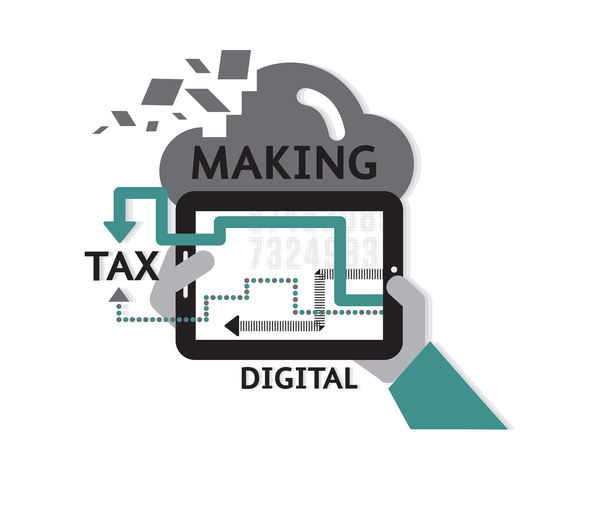
HMRC’s latest defeat in an employment status case has once again featured mutuality of obligation as the defining issue. This outcome has significant implications for future IR35 court decisions.
This most recent case, an appeal to the Upper Tribunal, involved HMRC against Professional Game Match Officials Ltd (PGMOL), a company that provides match officials for professional football games under the remit of the Football Association, the Premier League and the Football League. The case was lost because HMRC failed to demonstrate ‘mutuality of obligation’ which to date, has been a defining principle in determining the outcomes of employment status cases.
What is ‘mutuality of obligation?’
There are a number of factors that are used to establish self-employment or an absence of a ‘master and servant’ (employed) relationship. These include:
- Mutuality of obligation
- Rights of substitution
- In business on own account
- Degree of control/direction
- Who has financial risk
With regards to mutuality of obligation, In its Guide to Determining Status, government advises that;
‘The basic requirements as to the mutual obligations necessary to determine whether there is a contract in existence at all are:
- that the engager must be obliged to pay a wage or other remuneration, and
- that the worker must be obliged to provide his or her own work or skill.
These basic requirements could be present in either a contract of service or a contract for services and, on their own, will not determine the nature of a contract.’
FTT and the subsequent UT hearing
In the case of HMRC vs PGMOL, the decision at the First Tier Tribunal was made based on the circumstances surrounding the lack of mutual obligation at two levels of contractual arrangement.
At the Upper Tribunal hearing, the focus was again on mutuality of obligation and once more, there was disagreement with HMRC’s contention that the mutual obligation test is met simply due to the offer and acceptance of a piece of work.
How will this decision impact future cases?
As outlined in our recent blogs about calls by the House of Lords and ICAEW to reconsider the IR35 private sector off-payroll working rules due to commence in April 2021, this decision underscores the need for HMRC to adopt a less blinkered and more simplistic approach to determining employment status.
If you have any queries relating to IR35, please get in touch, we’ll be pleased to help.
The information provided in this blog is for general informational purposes only and should not be considered professional advice. As far as we are aware, the content is accurate at time of publication. Torgersens assumes no responsibility for errors or omissions in the content or for any actions taken based on the information provided.



.jpg)




